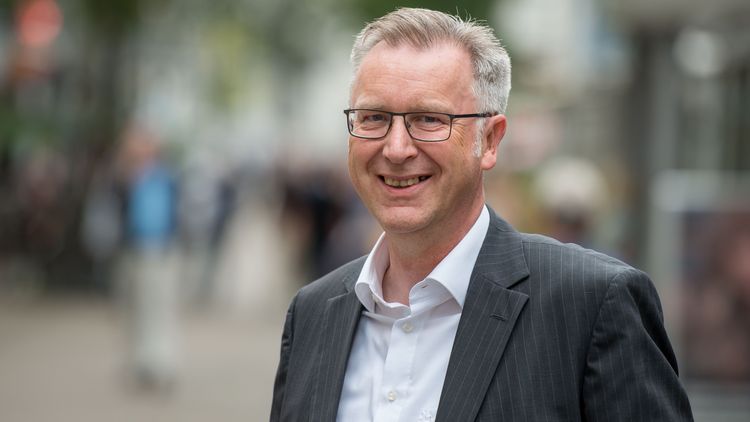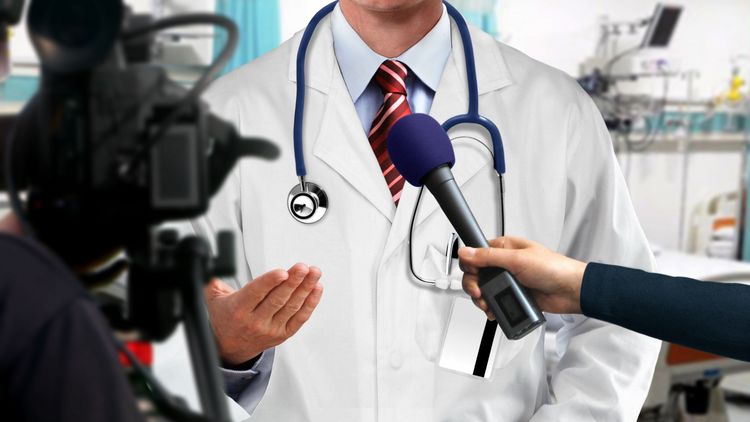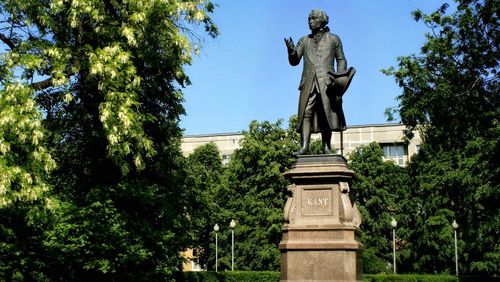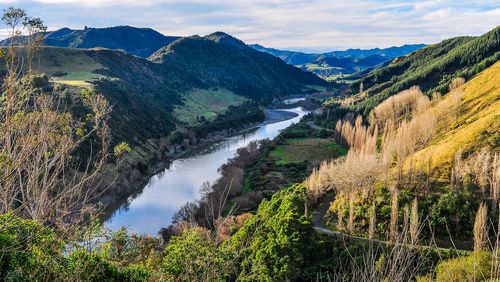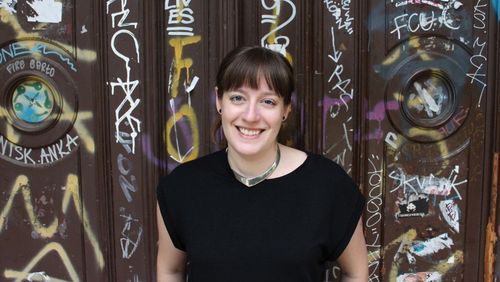Virologists, epidemiologists, statisticians: in the current crisis experts from different fields are offering opinions, and their statements sometimes contradict each other. This is causing uncertainty among politicians and in society – with doubts about science’s ability to provide answers growing ever louder. In this interview, science philosopher Mark Siebel explains that science does not offer simple truths and talks about why we need to learn more about how research works.
Professor Siebel, do the experts not know what they are talking about in the current situation?
No, that’s not true. When two experts say different things it may mean that one of them is wrong. But to conclude that we can’t trust the experts and they don’t know what they’re talking about simply because they express conflicting opinions is highly questionable in my view. It’s true that there are no absolute truths and that there is no 100 percent certainty in the natural sciences. Whether a new hypothesis is right, or in other words a truth, only becomes clear over time. So it’s no wonder scientists arrive at different conclusions. But we need to differentiate: even if there is no absolute certainty, you can still have above 50 percent certainty. That means there are more arguments supporting a certain view than against it.
In the current crisis, typically scientific discourse is increasingly taking place in the public sphere and not, as is usually the case, in expert circles. What should scientists pay special attention to in this context?
They should be careful about what they say and avoid claiming with absolute self-certainty: “We have now established that …”. Fortunately, most experts here in Germany seem to be doing this. For example, Lothar Wieler, director of the Robert Koch Institute, or Christian Drosten, director of the Institute of Virology at the Charité University Hospital in Berlin. From them, we hear sentences like: ”We must wait and see, we don’t yet have the corresponding data.” I see them as role models. Of course, we must also consider at what point the consequences of the protective measures become worse than what would happen if certain measures were eased. We must talk about this. But it’s unacceptable when this discussion is accompanied by “science-bashing”.
Should experts point to scientific uncertainties and the limits of science in every case?
It’s a balancing act. If they do it constantly, this can create the impression that scientists don’t really have anything important to say. Nonetheless, scientists need to be clear about the fact that some things take time. And to stay silent when it’s too early to make a statment. What they really need to convey, however, is that the more studies that are carried out, and the more experimental results that become available, the more certain scientific knowledge becomes.
Do we generally need a better understanding of how scientists work?
That would be good. If people were more aware of how scientific work functions, a larger section of the public would be able to cope better with uncertainties and anti-science tendencies. A greater emphasis could and should be placed on this, for example in the teaching of natural sciences in schools. Pupils should know: experiments can go wrong, and results may not be exactly as predicted. They should also know that certain errors should be factored into calculations, for instance errors due to measuring instruments.
So you make the case for a practical introduction to the philosophy of science in school subjects like physics, chemistry or biology …
Yes! I’m sure we’ve all watched a chemistry teacher’s experiment go wrong. Usually everyone laughs, but hardly anyone learns anything from the experience. It would be better to ask: What exactly went wrong? How can this be improved? We need a fundamental understanding of the connection between theory and experiment. Everyone should know that absolute certainty may not be possible, but at least there can be an ever greater degree of certainty. These are basic things that should be taught in schools. But also at universities it would be helpful if students were taught more about the philosophy of science, for example in introductory courses. Then we would all have a better idea of how science works.
Could this help to counter anti-science tendencies?
I certainly hope so. There are people like Donald Trump who prefer to rely on what they call “common sense” rather than scientific data. But common sense doesn’t always help. One example that illustrates this nicely is hand-washing. It’s scientifically proven that the coronavirus is surrounded by a lipid membrane – a fatty layer of lipids. Soap dissolves this layer, thus destroying the virus. But common sense won’t tell you that. It takes scientific research.
What would you say to those who are starting to doubt science in the coronavirus crisis?
There is one point that should convince absolutely everyone that we need science now more than ever: the vaccine. Where else is it supposed to come from? You need the basic biological and chemical knowledge. You need to conduct experiments and see how effective the vaccine is. So it should be clear to everyone: we need science to make the world better again.
Interview: Constanze Böttcher

